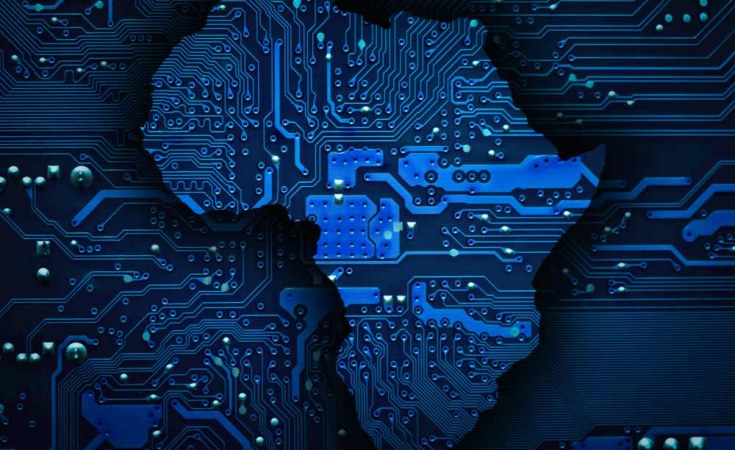Africa’s digital economy is booming, with fintech, mobile innovation, renewable energy, and artificial intelligence positioning the continent as one of the fastest-growing tech hubs globally. Yet, despite this momentum, Africa’s science and technology achievements remain severely underrepresented on Wikipedia, the world’s most widely used online encyclopedia.
The Visibility Problem
Wikipedia is often the first point of reference for billions—from students and researchers to journalists and policymakers. But when it comes to African innovation, coverage is disproportionately sparse.
While Silicon Valley startups and European research institutes are richly documented, African equivalents often go unnoticed. A fintech platform in Lagos or a renewable energy breakthrough in Nairobi might gain global acclaim in the media yet lack a Wikipedia entry—or have only a brief, skeletal article.
Structural Barriers
Several challenges contribute to this underrepresentation:
- Editor Demographics: Most Wikipedia contributors are based in Europe and North America, limiting African content creation.
- Verification Challenges: Wikipedia requires reliable sources, but many African innovations are reported in local outlets not indexed globally.
- Digital Divide: Limited internet access and digital literacy in parts of Africa restrict participation in content creation.
As a result, Africa’s innovations risk becoming “invisible” in the global knowledge ecosystem.
Why It Matters
Lack of visibility has real consequences. For African entrepreneurs, researchers, and innovators, being absent online can mean missed opportunities for funding, partnerships, and global recognition. It also distorts education: students relying on Wikipedia may find an incomplete narrative of global tech progress that minimizes Africa’s role.
This perpetuates outdated stereotypes that Africa is only a consumer, not a producer, of innovation.
Ongoing Efforts
Several initiatives are working to bridge the gap. Projects like AfroCROWD, WikiAfrica, and local Wikimedia chapters in Kenya, Nigeria, and South Africa are training African editors and expanding local language content. Partnerships between tech companies, universities, and Wikimedia are also driving digital documentation.
Still, many achievements—such as Africa’s leadership in mobile money, advances in drone delivery, and healthtech innovations—remain under-documented.
The Way Forward
Experts say addressing this imbalance requires both capacity-building and policy support. More African scholars, journalists, and tech enthusiasts need to join as Wikipedia editors. Governments and institutions must also archive and digitize African research and innovation in accessible formats.
“Africa is not just catching up—it’s pioneering in several fields,” said Dr. Amina Hassan, a Nairobi-based tech historian. “But until our achievements are visible on global platforms like Wikipedia, the world won’t fully appreciate the scale of our innovation.”
Conclusion
Africa’s tech story is vibrant, fast-moving, and globally relevant. Ensuring it is properly represented on Wikipedia is not just about visibility—it’s about reclaiming narratives, inspiring future generations, and cementing Africa’s role in the digital future.

